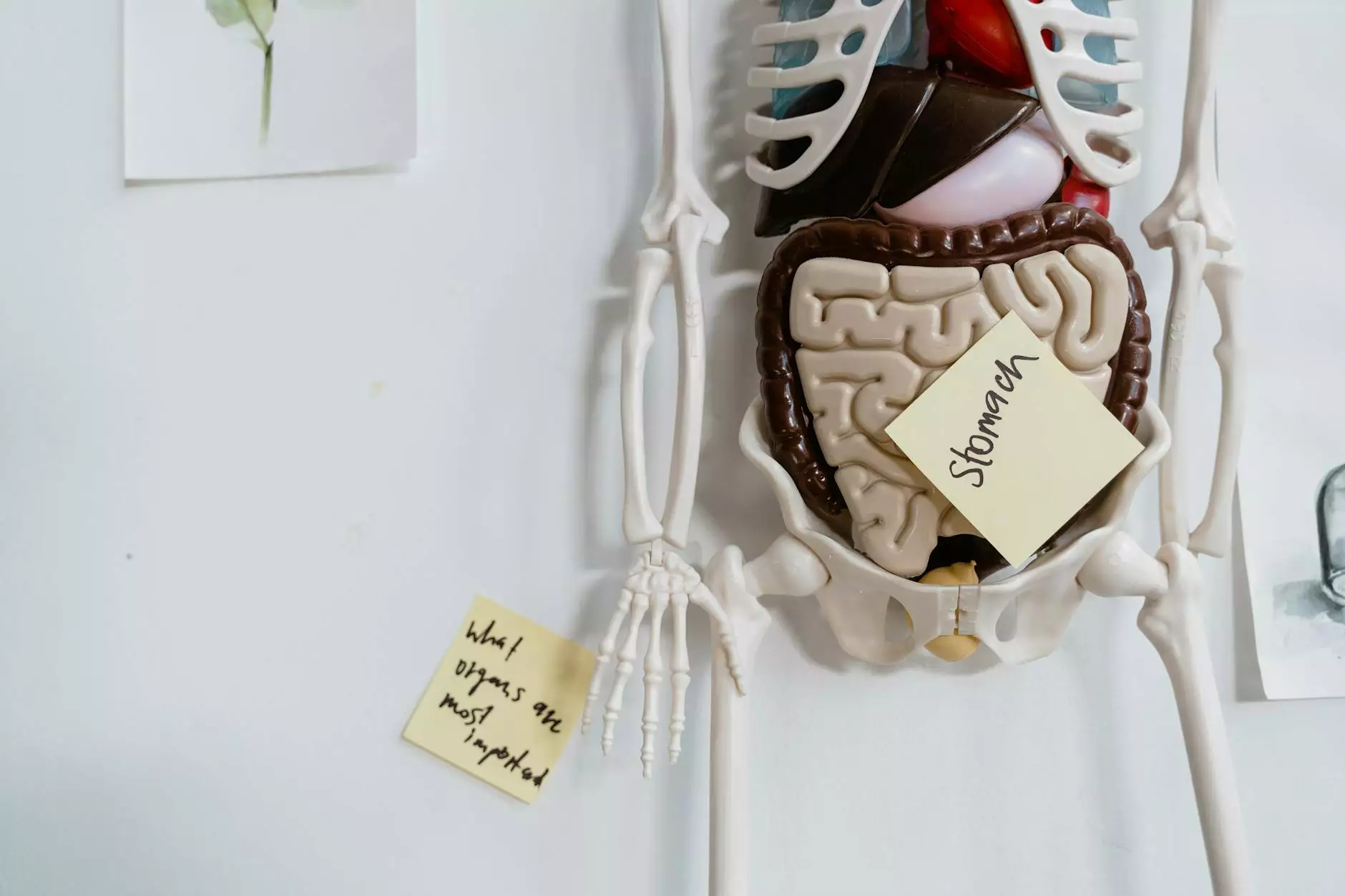Lung Cancer CT Scan: Understanding Its Importance in Early Detection

Lung cancer remains one of the most devastating health challenges across the globe, accounting for a significant number of cancer-related deaths yearly. The introduction of advanced diagnostic techniques has revolutionized the approach to detecting and treating this disease. Among these techniques, the lung cancer CT scan stands out as a vital tool. This article delves into the intricacies of lung cancer imaging, illustrating its importance in early diagnosis, monitoring, and treatment decisions.
What is a Lung Cancer CT Scan?
A CT (Computed Tomography) scan is a specialized imaging technique that uses a combination of X-rays and computer technology to produce detailed cross-sectional images of the body. When applied to the lungs, it enables healthcare providers to visualize lung tissues, blood vessels, and structures in a highly detailed manner. The lung cancer CT scan plays an instrumental role in identifying suspicious nodules and tumors in the lungs that may indicate the presence of cancer.
Why Are Lung Cancer CT Scans Essential?
There are several compelling reasons why a lung cancer CT scan is essential in the pathway to effective management:
- Early Detection: Early-stage lung cancer often presents with no symptoms. A CT scan can identify small nodules that may be cancerous, allowing for earlier intervention.
- Accurate Diagnosis: CT scans provide more precise imaging than traditional X-rays, helping physicians to distinguish between benign and malignant growths.
- Monitoring Progression: After a diagnosis, regular scans can monitor the size and characteristics of tumors, informing treatment decisions.
- Pre-Surgical Planning: Before surgery, a CT scan aids surgeons in understanding the exact location and extent of the cancer, which is critical for successful outcomes.
- Assessing Treatment Response: Following treatment, CT scans assist in evaluating the effectiveness of therapies and in making necessary adjustments.
The Process of a Lung Cancer CT Scan
Understanding the process involved in a lung cancer CT scan can alleviate anxiety and prepare patients better. Here’s what to expect:
1. Preparation
Typically, no special preparation is required for a CT scan. However, patients may need to avoid eating or drinking for a few hours before the procedure, especially if contrast dye is used.
2. The Scanning Procedure
During the scan, patients are positioned on a table that slides into the CT machine. It is vital to stay still during the imaging process, which usually lasts only a few minutes. Patients may be asked to hold their breath briefly while images are being taken to ensure clarity.
3. Use of Contrast Dye
In some cases, a contrast dye may be injected to enhance the imaging. This helps to provide clearer images of the lung structures and any existing masses.
4. Post-Scan Instructions
After the scan, patients can typically resume normal activities immediately. If contrast dye was used, hydration is encouraged to help flush it out of the system.
Understanding the Results
Once the lung cancer CT scan is completed, the images are evaluated by a radiologist who will interpret the findings and report back to the referring physician. The results may indicate:
- Benign Nodules: Non-cancerous growths that may require monitoring but not immediate intervention.
- Malignant Tumors: Suspicious masses that need further evaluation, potentially leading to a biopsy.
- Stable or Growing Tumors: This finding helps in determining if the cancer is responding to treatment or if it is progressing.
Advancements in CT Technology
The field of radiology and cancer diagnostics has witnessed significant advancements, particularly in CT scan technology. Innovations include:
1. Low-Dose CT Scans
New protocols have been developed that use lower radiation doses, thus minimizing the risks while still providing high-quality images.
2. 3D Imaging
Advanced CT machines can create 3D images of the lungs, allowing for improved visualization and assessment of the cancer location and its relationship with surrounding structures.
3. Artificial Intelligence in Imaging
AI algorithms are increasingly being integrated into CT scanning workflows to assist radiologists in identifying anomalies more accurately and efficiently, enhancing early detection rates.
Preparing for Your Lung Cancer CT Scan: Essential Considerations
When preparing for a CT scan, consider the following:
- Inform Your Physician: Discuss any allergies, particularly to contrast dyes, and provide a complete medical history.
- Clothing: Wear comfortable clothing without metal fasteners, as metal can interfere with imaging.
- Follow Pre-Scan Instructions: Adhere to any fasting or medication guidelines provided by your physician.
Potential Risks and Considerations
While CT scans are generally safe, it's essential to be aware of certain risks:
- Radiation Exposure: Although low-dose scans have reduced the risk, repeated exposure to radiation can still pose health risks.
- Contrast Reactions: Some individuals may have allergic reactions to the contrast material used in scans.
- False Positives: Not all detected nodules are cancerous, leading to unnecessary anxiety and additional tests.
Conclusion: The Vital Role of Lung Cancer CT Scans in Health Care
In summary, the lung cancer CT scan is a crucial component in the fight against lung cancer. Its ability to detect cancer at an early stage can dramatically improve survival rates and quality of life for patients. By understanding the benefits, risks, and advancements in CT imaging technology, patients and healthcare providers can work together to implement effective cancer screening and treatment strategies.
At Hello Physio (hellophysio.sg), we are committed to providing education and resources on health and medical conditions, including lung cancer. By staying informed, you take proactive steps in your health care, making it easier to navigate diagnosis and treatment options.
Contact Information
If you have further questions about lung cancer, CT scans, or other health inquiries, please visit our website or contact us directly. We are here to help you navigate your health care journey with confidence.









